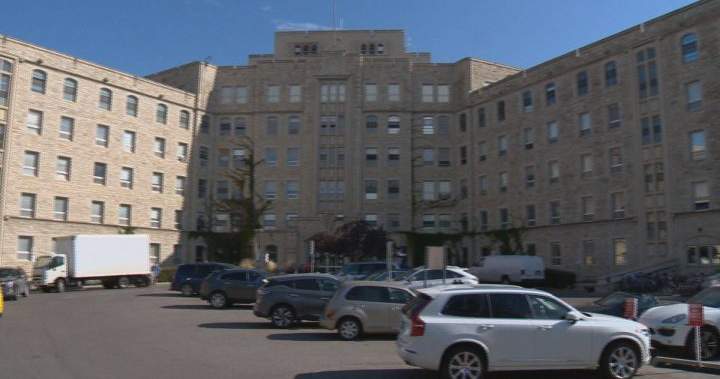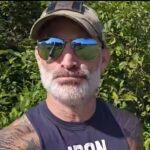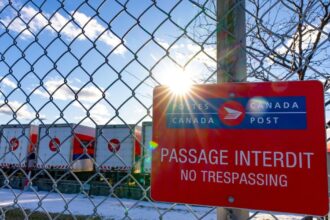In a stunning display of cultural insensitivity that has sent shockwaves through Saskatchewan’s Indigenous communities, the provincial health authority has come under intense scrutiny following reports of hospital staff cutting Indigenous patients’ hair without consent. This practice, which directly violates deeply held cultural beliefs, has ignited widespread outrage and prompted immediate calls for systemic change.
The controversy erupted after multiple Indigenous patients reported having their hair cut during medical procedures without their knowledge or permission. For many Indigenous peoples across North America, hair carries profound spiritual significance beyond mere appearance, representing a connection to ancestry, identity, and cultural heritage that spans generations.
“Cutting an Indigenous person’s hair without consent isn’t just disrespectful—it’s a fundamental violation of cultural rights and dignity,” said Federation of Sovereign Indigenous Nations (FSIN) Chief Bobby Cameron in a statement addressing the incidents. “These actions demonstrate a shocking failure to understand or respect Indigenous cultural practices that have existed on this land for thousands of years.”
The Saskatchewan Health Authority (SHA) has responded with an apology and promises of policy review, but critics argue this represents a deeper systemic issue rather than isolated incidents. According to SHA documentation obtained through freedom of information requests, current protocols contain insufficient cultural safeguards despite Saskatchewan having one of Canada’s largest Indigenous populations.
Dr. Alika Lafontaine, president of the Canadian Medical Association and the first Indigenous person to hold this position, emphasized the broader context of these incidents. “What we’re witnessing isn’t just about hair—it’s about the continued dismissal of Indigenous knowledge systems and bodily autonomy within healthcare,” Dr. Lafontaine noted in an interview with CO24 News.
The controversy has sparked renewed examination of cultural competency within provincial healthcare systems. Indigenous health advocates point to these incidents as evidence of the persistent colonial attitudes that continue to undermine equitable healthcare delivery despite years of reconciliation commitments following the Truth and Reconciliation Commission’s 94 Calls to Action.
Provincial Health Minister Everett Hindley acknowledged the severity of the situation, stating: “We recognize these actions have caused significant harm. We are committed to working directly with Indigenous leaders to develop appropriate policies that respect cultural practices.” The ministry has announced plans for mandatory cultural sensitivity training for all healthcare staff, though many advocates question whether training alone can address institutional bias.
For Indigenous patients like Maria Stonechild from Beardy’s and Okemasis’ Cree Nation, the damage extends beyond physical appearance. “My hair carries my stories, my ancestors’ memories,” Stonechild told CO24 Politics. “When they cut it without asking, they took something sacred from me that cannot simply be replaced with an apology.”
The controversy comes at a particularly sensitive time, as Canada continues its reconciliation journey with Indigenous peoples. Healthcare access and quality have been identified as critical areas where systemic discrimination persists, with Indigenous patients reporting higher rates of negative experiences and poorer health outcomes compared to non-Indigenous Canadians.
Indigenous legal experts are now examining potential legal challenges, arguing these incidents may violate both constitutional rights and international declarations on Indigenous rights. The United Nations Declaration on the Rights of Indigenous Peoples, which Canada has endorsed, specifically protects cultural practices and requires free, prior, and informed consent for actions affecting Indigenous peoples.
As pressure mounts on provincial authorities, this controversy raises fundamental questions about how deeply colonial attitudes remain embedded in Canadian institutions despite public commitments to reconciliation. Will Saskatchewan’s response to this crisis mark a genuine turning point in Indigenous healthcare relations, or will it become another chapter in Canada’s long history of unfulfilled promises to its First Peoples?


















